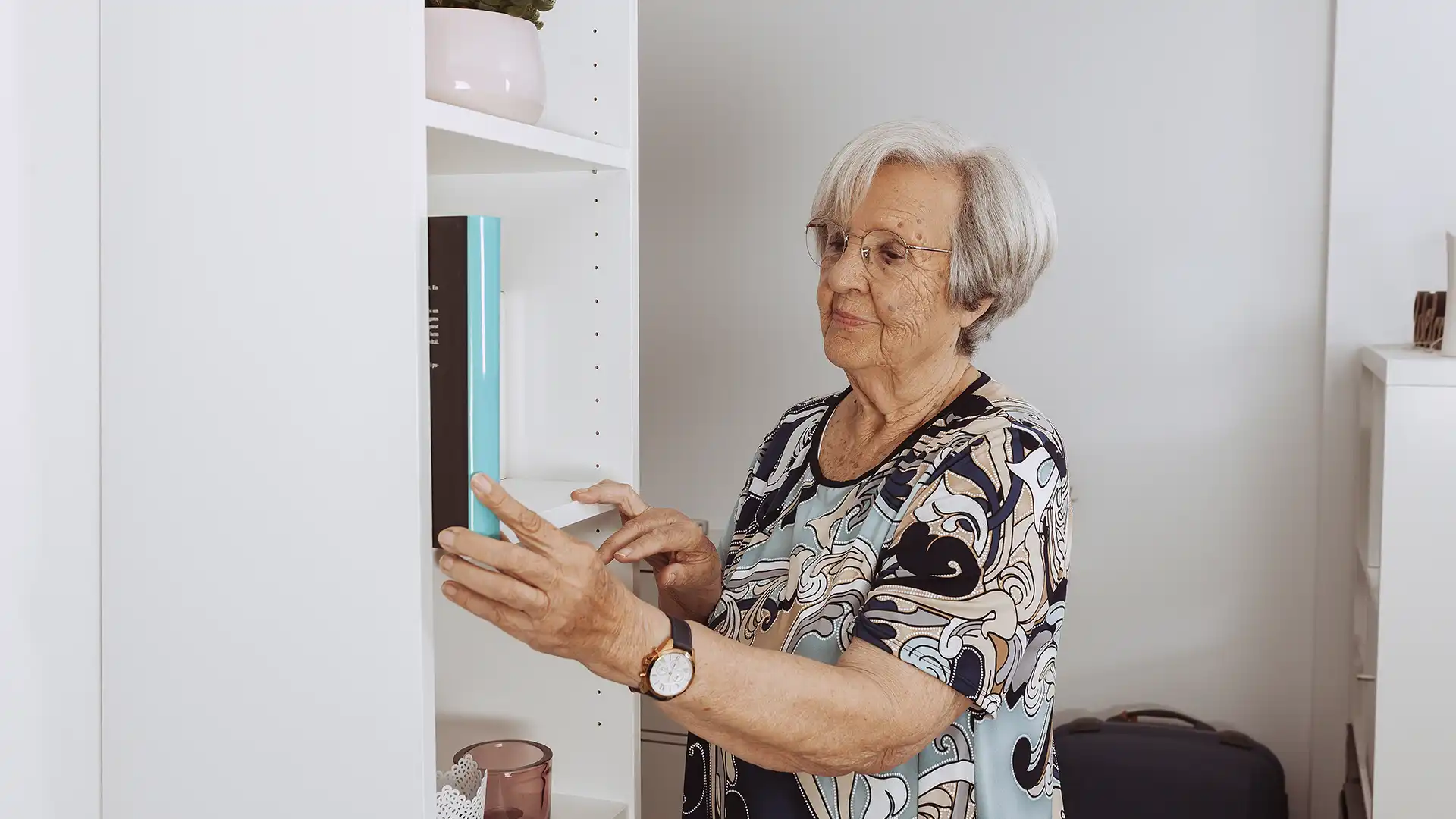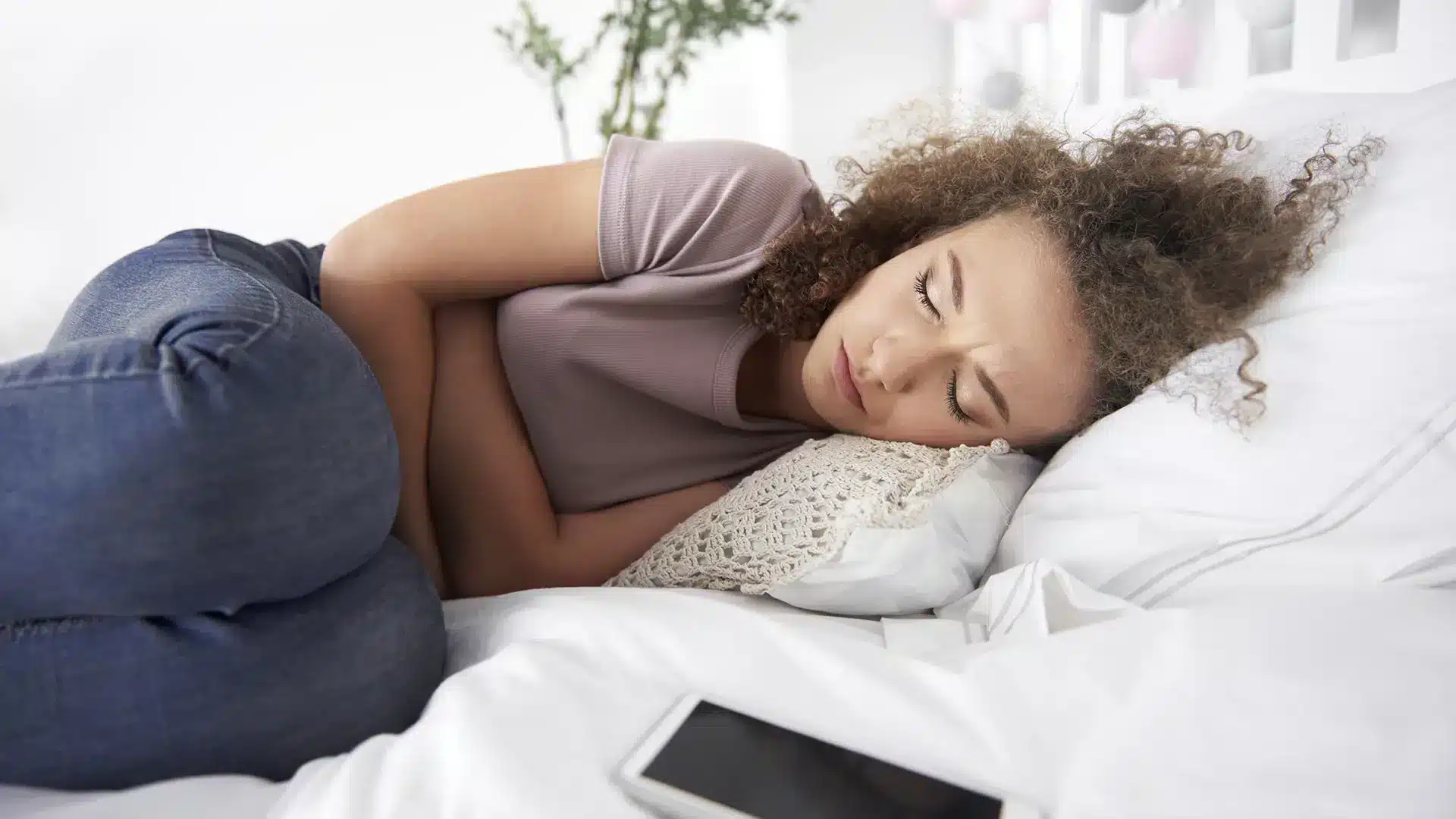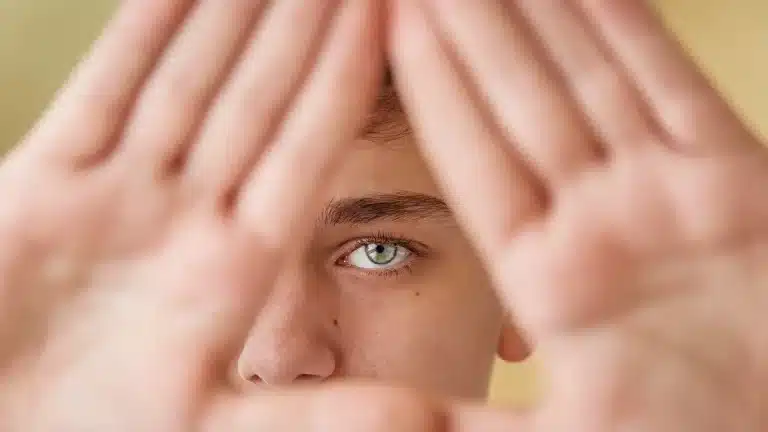PMS Symptoms – How to Deal With the Physical Symptoms of PMS
The first thing you have to ask when talking about the relationship between Hypnosis and PMS symptoms is, “Is Hypnosis to treat PMS a good thing?” The answer is “Yes” and “No.” First of all, it is not an easy thing to find out whether Hypnosis can actually help someone with their problem of dealing with PMS. Second, it has not been proven effective for all people, but it is a good thing to consider.
• Stop PMS symptoms before they start
• Reduce daily emotional swings and pre-menstrual symptoms
• Improve relationships with family and partner
• Feel confident and in control of your life again
But what are PMS symptoms?
They are usually lower in number and intensity than other regular symptoms of stress and anxiety. Also, it has been established that serotonin levels in the body are greatly affected by stress. Therefore, if you do not have high enough serotonin levels, it will increase your chances of having PMS. Stress results in the hormones that help regulate moods and emotions (serotonin) being released, resulting in your body having many reactions and unbalanced feeling and emotions.
If your body is not at its average level due to stress and there is a constant rise in your temperature, there is also a corresponding rise in adrenaline levels that make you feel tense and excited.
Some common PMS symptoms include:
Symptoms like insomnia, Irregular sleep cycles, headache, depression, fatigue, irritability and anxiety. It is essential to point out that PMS does not occur in the same way for everyone, so people with different types of PMS may experience some of the same symptoms. But in general, you may have higher risks if you are constantly exposed to stress and other forms of negative emotions. So it is always best to find ways to cope with your focus so that PMS may not develop.
So what is PMS, and how does it affect women?
PMS is a common form of hormonal imbalance that is usually caused by stress and other related factors. PMS symptoms include a rise in the levels of female hormones called estrogen, a decrease in male hormones called testosterone, and many women also experience a lot of headaches. For some women, these symptoms go away once they start taking the contraceptive pill. But for others, the symptoms of PMS can last for many months. While these symptoms can occur both before and after menopause, they are most common among women over fifty years old.
Many women are affected by PMS.
Finding a suitable treatment for your condition should be the first thing you do. PMS is a complex issue, so understanding its mechanism and the treatment process will help you deal with it properly.
• Reducing the severity and frequency of PMS symptoms with self hypnosis.
• Decreases pre-menstrual anxiety, depression and irritability.
• Enhancing feelings of well being before menstrual cycle begins.
So, what are some of the causes of PMS?
The leading causes are imbalances of hormones, so to understand the mechanisms that cause these imbalances, you need to understand what exactly happens during PMS. PMS is triggered when hormones drop below a certain point, so it is also known as hypo or hyperandrogenism.
When you think about PMS symptoms, the first thing you might notice are the many physical symptoms that commonly accompany any hormonal imbalance. Headaches, irritability, increased muscle tension, poor memory, sleep disturbance, and fatigue are all common PMS signs. Besides the symptoms mentioned above, women also experience emotional disturbances such as mood swings, anxiety, depression and even panic attacks. But apart from all these physical symptoms, there are also psychological symptoms such as frustration, lack of concentration and overeating, which are also common among women suffering from PMS. All these things lead to poor quality of life, and many women experience a lot of distress due to these symptoms.
In addition to all these PMS symptoms, many women have also reported disturbing sexual experiences, including painful sex and frequent urination. Because of these symptoms, many couples are advised to see a doctor for regular check-ups to ensure no complications in their sexual life or that of their partner. Although PMS can be pretty frustrating to deal with, there are ways to treat it and make it more bearable for both parties. One possible way of dealing with PMS symptoms are taking prescription medicines. However, these medications can be expensive, and they may come with some significant side effects, not to mention that they only provide relief for a short time.
An effective way of treating PMS symptoms
Is by combining a healthy lifestyle with appropriate treatments or hypnotherapy. For instance, regular exercise helps improve circulation and blood pressure, both of which are PMS symptoms. Likewise, taking in a proper diet that includes sufficient amounts of calcium, zinc and magnesium are proven to help lessen the severity of PMS. Hypnotherapy is another popular method of assisting with PMS. If you are struggling with the symptoms of PMS, contact our trained and clinically qualified hypnotherapist. Paul is experienced in treating PMS, stress, anxiety, pain and other related issues to PMS.


























